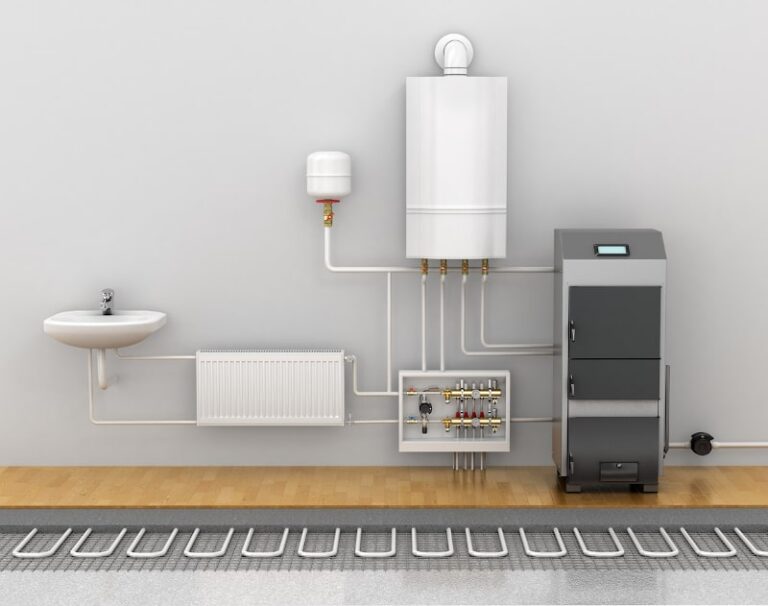When temperatures start falling in Hanahan, SC, your energy bill skyrockets. Energy-saving habits might shave only a few dollars off your bill. If you’re tired of bundling up indoors or paying high utility bills, a geothermal HVAC system could offer the efficiency you’re looking for.
How Do Geothermal HVAC Systems Work?
Traditional HVAC systems regulate temperatures by generating or transfering warm or cool air. When outdoor temperatures fluctuate, the equipment has to work harder to keep your residence comfortable, causing energy bills to spike.
Geothermal HVAC systems have a “loop” of pipes buried in the dirt. Instead of drawing heat from the air, they pull it below the ground. The loop usually has a water-based solution and transfers the heat to the refrigerant via the heat exchanger.
What Makes Geothermal Equipment More Efficient?
While air temperatures can wildly fluctuate, ground temperatures are more consistent. Water is also a better heat conductor than air. As a result, geothermal HVAC systems can maintain a comfortable temperature using a fraction of the energy.
What Are the Benefits of Geothermal Heating and Cooling?
When you invest in regular maintenance, geothermal HVAC systems last much longer than traditional heating and cooling systems. They can last as long as 50 years, compared to 20 years for an air-to-air heat pump.
Geothermal equipment may cost more up-front when installing a new HVAC system, but it tends to save money in the long run. They’re ideal for homeowners who plan to live in the same residence for a while.
Plus, geothermal systems are better for the environment. According to the U.S. Energy Administration, geothermal power plants emit about 99% less carbon dioxide than plants that burn fossil fuels. This same concept applies to your residence.
Call Berkeley Heating & Air Conditioning to discuss replacing your HVAC system with geothermal technology. We also perform repairs and maintenance on existing geothermal systems, keeping you warm in the cooler months.
Image provided by iStock


